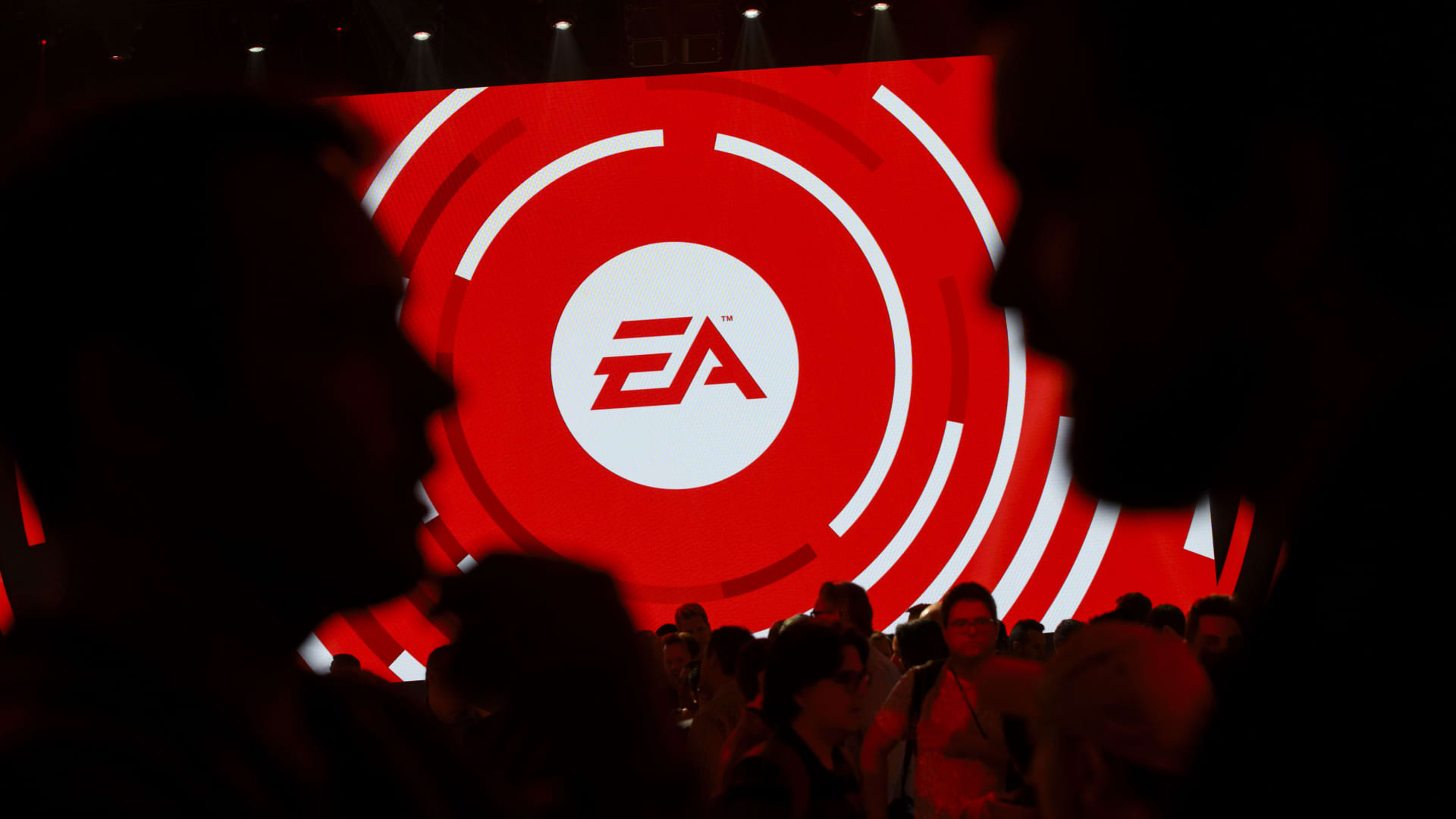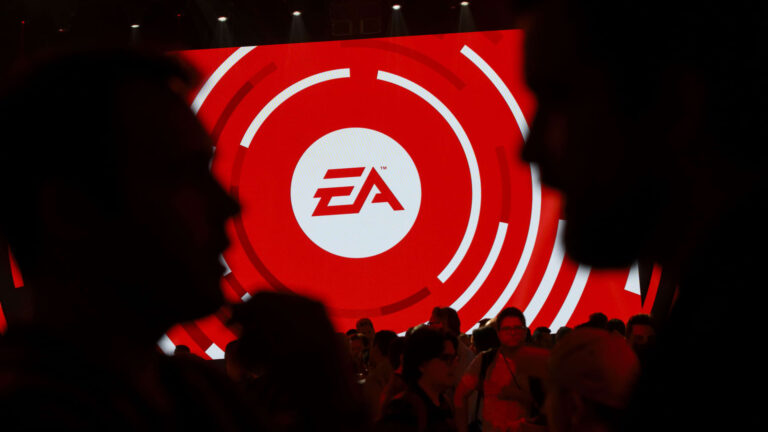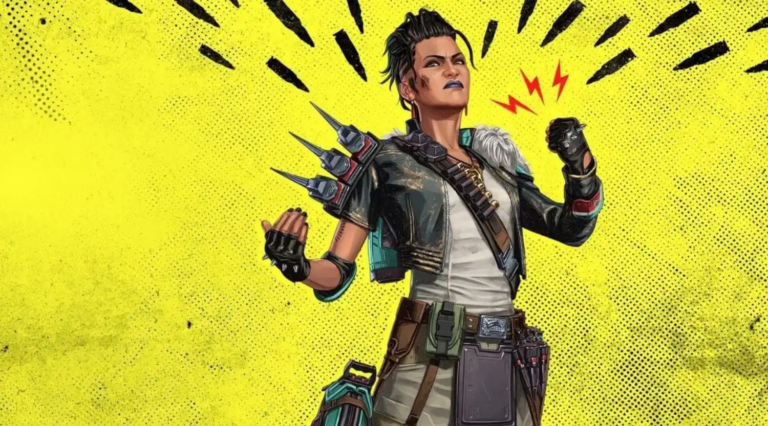Electronic Arts (EA), one of the most influential publishers in the global gaming industry, is set to undergo a massive transformation after confirming that it will be acquired in a staggering $55 billion buyout deal. The transaction involves private equity firm blueprint gaming slots Silver Lake, Saudi Arabia’s Public Investment Fund (PIF), and Affinity Partners, a firm led by Jared Kushner. With this move, EA will be taken off the public stock market and operated as a privately owned company, a dramatic shift for a publisher that has been publicly traded for decades.
According to the announcement, Andrew Wilson will remain as EA’s Chief Executive Officer, ensuring continuity in leadership during what is expected to be a lengthy transition period. The deal is structured with $36 billion in equity and an additional $20 billion financed through debt, raising significant questions about the financial risks attached to such a massive undertaking. Analysts are divided: some argue that taking EA private will provide breathing room to pursue creative projects without the relentless demands of quarterly earnings reports, while others worry about the burden of debt and the potential pressure it could put on the company’s long-term stability.
The timing of the acquisition is particularly striking. EA has recently faced intense criticism for mass layoffs and the cancellation of several highly anticipated titles, creating unrest among both developers and players. Franchises such as Battlefield, Apex Legends, The Sims, and the iconic Madden NFL series remain central to EA’s business, and many gamers are now speculating how this ownership change might impact future releases, live-service models, and ongoing support.
The deal is also being interpreted as part of a broader industry trend. As game development becomes more expensive and blockbuster releases riskier, the shift toward private ownership could signal a new era for major publishers. By removing the constant oversight of public shareholders, EA may have more freedom to experiment and adapt. However, the involvement of foreign investment funds, especially from Saudi Arabia, has already sparked debate about the role of international capital in shaping the future of Western game development.
If regulators and shareholders approve the deal, it is expected to close by early 2027. Until then, the gaming community will be watching closely. For EA’s millions of fans worldwide, this acquisition could mark the beginning of a bold new chapter—or a risky gamble that changes the face of one of gaming’s most powerful publishers forever.













